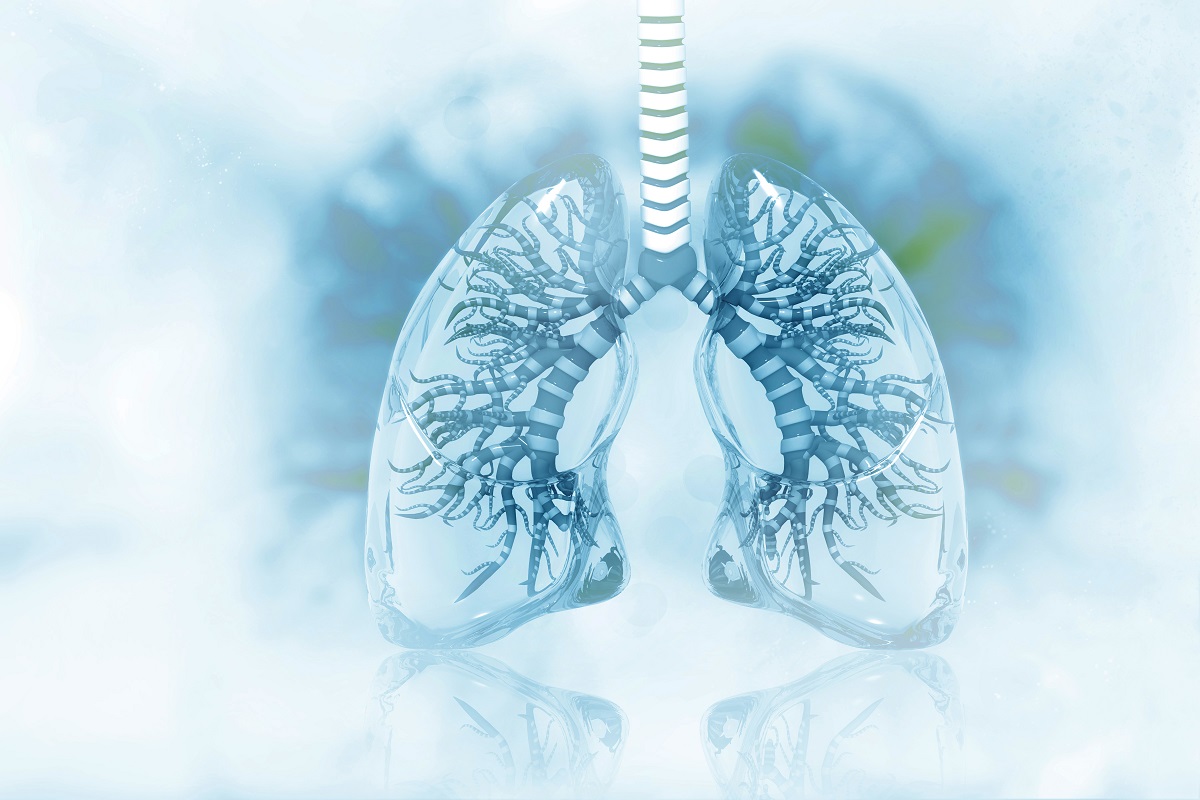Researchers find mechanisms that may lead to inflammatory bowel disease
A team of scientists has discovered mechanisms of abnormal immune cell function that may lead to Crohn’s disease, an inflammatory bowel disease (IBD).

A team of scientists has discovered mechanisms of abnormal immune cell function that may lead to Crohn’s disease, an inflammatory bowel disease (IBD).

The earth has just witnessed its hottest January on record, defying expectations and leaving climate scientists scrambling for answers.

Parkinson's disease (PD) is one of the most common neurological disorders caused by the death of dopamine-secreting neurons in the brain due to aggregation of synuclein protein inside it.

A team of scientists has developed a new method of scanning lungs that is able to show the effects of treatment on lung function in real time, enabling them to see the functioning of transplanted lungs.

Scientists at the Bose Institute, an autonomous institute of the Department of Science and Technology (DST), have studied archaea -- a domain of ancient organisms -- to find clues to survival strategies of microorganisms by adapting to harsh conditions with the help of their toxin-antitoxin (TA) systems.
Scientists have identified a gene that has the potential to prevent autism -- a neuro developmental disorder that affects how people interact with others, communicate, learn, and behave.
Now scientists have uncovered what exactly is in cocaine that makes it such a dreaded narcotic substance.
PAH is characterised by elevated blood pressure in the arteries of the lungs, which can lead to heart failure and reduced oxygen levels in the bloodstream.
Scientists have identified a new mechanism used by the varicella-zoster virus (VZV), which causes chickenpox and shingles, to evade the immune system and potentially affect distant tissues.
Spurred by climate change and global trade, pathogens that cause plant diseases and crop-destroying pests are increasing and spreading far and wide.
